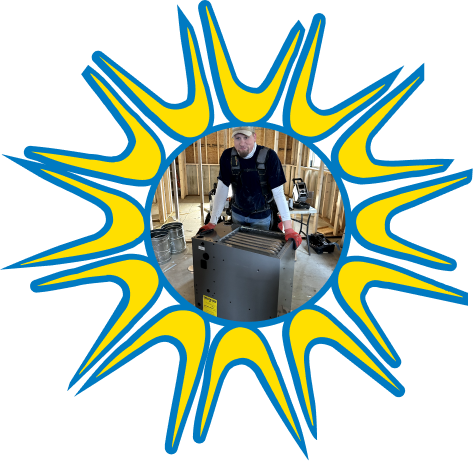Comprehensive Heating Repair Services in Columbus
Your home’s furnace plays a crucial role in keeping you warm and comfortable, especially during the colder months. However, like any mechanical system, furnaces can develop issues over time. Recognizing the signs of furnace problems and knowing when to call for repair can save you from unexpected breakdowns and ensure the efficient operation of your heating system.
Here are some key signs to look out for: unusual noises, inconsistent heating, increased energy bills, frequent cycling, yellow or flickering pilot light, and strange odors. Knowing when to call for furnace repair is just as important as recognizing the signs. If you observe any of these issues or experience a sudden drop in heating performance, it’s advisable to call a qualified HVAC technician promptly.
Regular maintenance can also help prevent many of these problems by identifying and addressing potential issues before they become major repairs. A well-maintained furnace not only operates efficiently but also ensures your home stays warm and safe during the cold season.
Signs you need furnace repair:
- Poor Airflow
- Discomfort in homey
- Higher Enegery Bills
- Cost Savings
- Short Cycling
Furnace repair is not just about ensuring the efficient functioning of your heating system; it is absolutely vital for safety in your home. A properly maintained furnace is essential to safeguarding the well-being of your family and the integrity of your property.
First and foremost, regular furnace repair and maintenance help prevent the release of harmful gases such as carbon monoxide. A malfunctioning furnace can develop cracks or leaks in the heat exchanger, which could allow this odorless, colorless, and potentially lethal gas to enter your home. Carbon monoxide poisoning can lead to symptoms like dizziness, nausea, headaches, and, in severe cases, can be fatal.
Moreover, timely furnace repair addresses issues related to the combustion process. When the burners, ignition system, or fuel supply components are not working correctly, it can lead to inefficient burning and the production of soot. Soot buildup can not only reduce heating efficiency but also pose a fire hazard.


